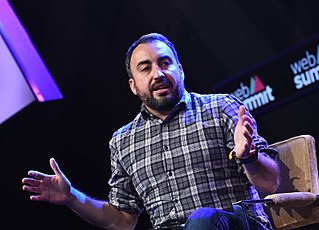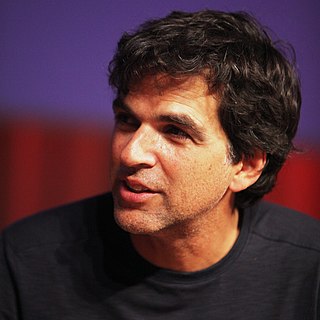A Quote by Bill Gates
Kenya’s M-Pesa proves that when people are empowered, they will use digital tech to innovate on their own behalf.
Related Quotes
If you need to strap a camera to you or get in a small space, then it makes sense to use digital.I do think it is possible to use a digital camera artistically, but it can only be good if you are using film technique. Film has grain, and digital has pixels, and there is not that much of a difference, but digital does not replace the need to create a scene and light it properly and spend time considering the shot.
I stand before you and the world humbled by this recognition and uplifted by the honour of being the 2004 Nobel Peace Laureate. As the first African woman to receive this prize, I accept it on behalf of the people of Kenya and Africa, and indeed the world. I am especially mindful of women and the girl child. I hope it will encourage them to raise their voices and take more space for leadership.
For example, they have land. The government of Qatar wants to lease the Tana River delta, which is in Kenya, from the Kenyan government, so that they can produce food there. People in Kenya need food. We have people who have studied agriculture. Why is it that if we really need food, we cannot go into the delta and develop our own food?
People over the age of thirty were born before the digital revolution really started. We've learned to use digital technology-laptops, cameras, personal digital assistants, the Internet-as adults, and it has been something like learning a foreign language. Most of us are okay, and some are even expert. We do e-mails and PowerPoint, surf the Internet, and feel we're at the cutting edge. But compared to most people under thirty and certainly under twenty, we are fumbling amateurs. People of that age were born after the digital revolution began. They learned to speak digital as a mother tongue.



































